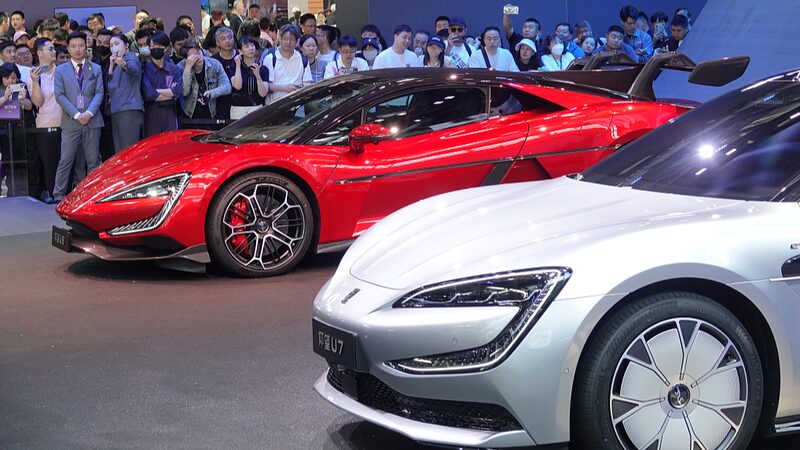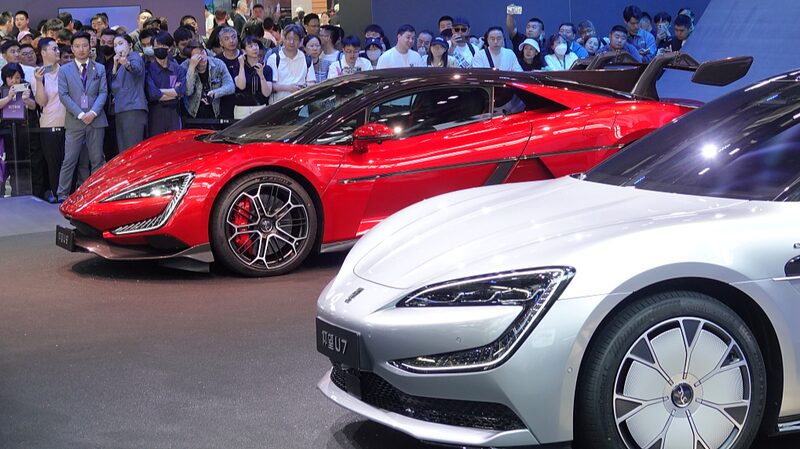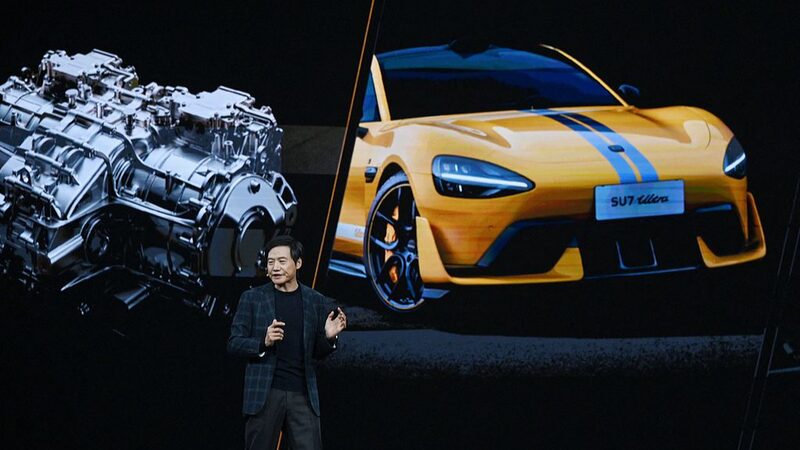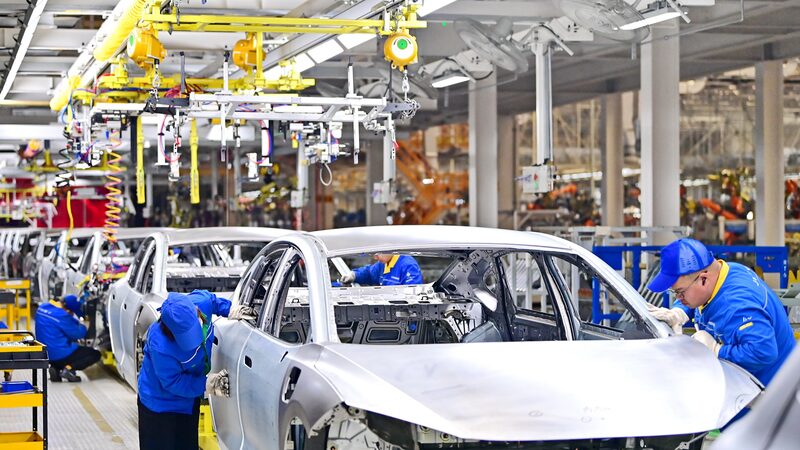Türkiye has announced a significant reduction in tariffs on electric vehicles (EVs) imported from China, lowering duties from the previous 50% to a standard 10%. This policy change, published in the Official Gazette on July 5, is part of Türkiye’s strategic efforts to attract investment from Chinese automakers and bolster its domestic EV industry.
The presidential decree eases additional tariffs on imported Chinese vehicles and offers exemptions for carmakers that invest in production facilities within Türkiye. This move comes as Chinese car imports have captured a 10% market share in Türkiye, raising concerns among local industry players and prompting the government to incentivize domestic investment.
Industry sources cited by the Daily Sabah suggest that Chinese automakers are now in a more favorable position to present their investment plans. The proximity of the Turkish market to the European Union (EU) adds to its attractiveness, especially as Chinese EV manufacturers face new tariffs of up to 38% imposed by the EU.
In March, Türkiye had increased the additional tariff on EVs imported from China to 40%, bringing the total tariff to 50%. The policy was further expanded on June 8 to include all Chinese imported vehicles and auto parts, with a minimum tariff of $7,000, effective from July 7. These measures drew strong opposition from China, with the Ministry of Commerce expressing dissatisfaction and concern over potential violations of World Trade Organization rules.
Analysts believe that Türkiye’s latest tariff reduction aims to encourage Chinese automakers to establish local production facilities. By easing tariffs, Türkiye hopes to leverage its strategic position and customs union agreement with the EU to become a hub for EV production and export to European markets.
Negotiations are reportedly underway with several Chinese companies nearing investment commitments. These investments would not only unlock tariff exemptions but also strengthen Türkiye’s automotive sector and create new job opportunities. However, if the investments are not realized within the designated timeframe, the tariff benefits may be withdrawn, according to Turkish regulations.
Türkiye’s efforts to attract Chinese investment align with its broader economic goals of boosting industrial growth and enhancing its role in the global EV market. As the demand for electric vehicles continues to rise, this collaboration could provide significant opportunities for both Turkish and Chinese stakeholders.
Reference(s):
cgtn.com







